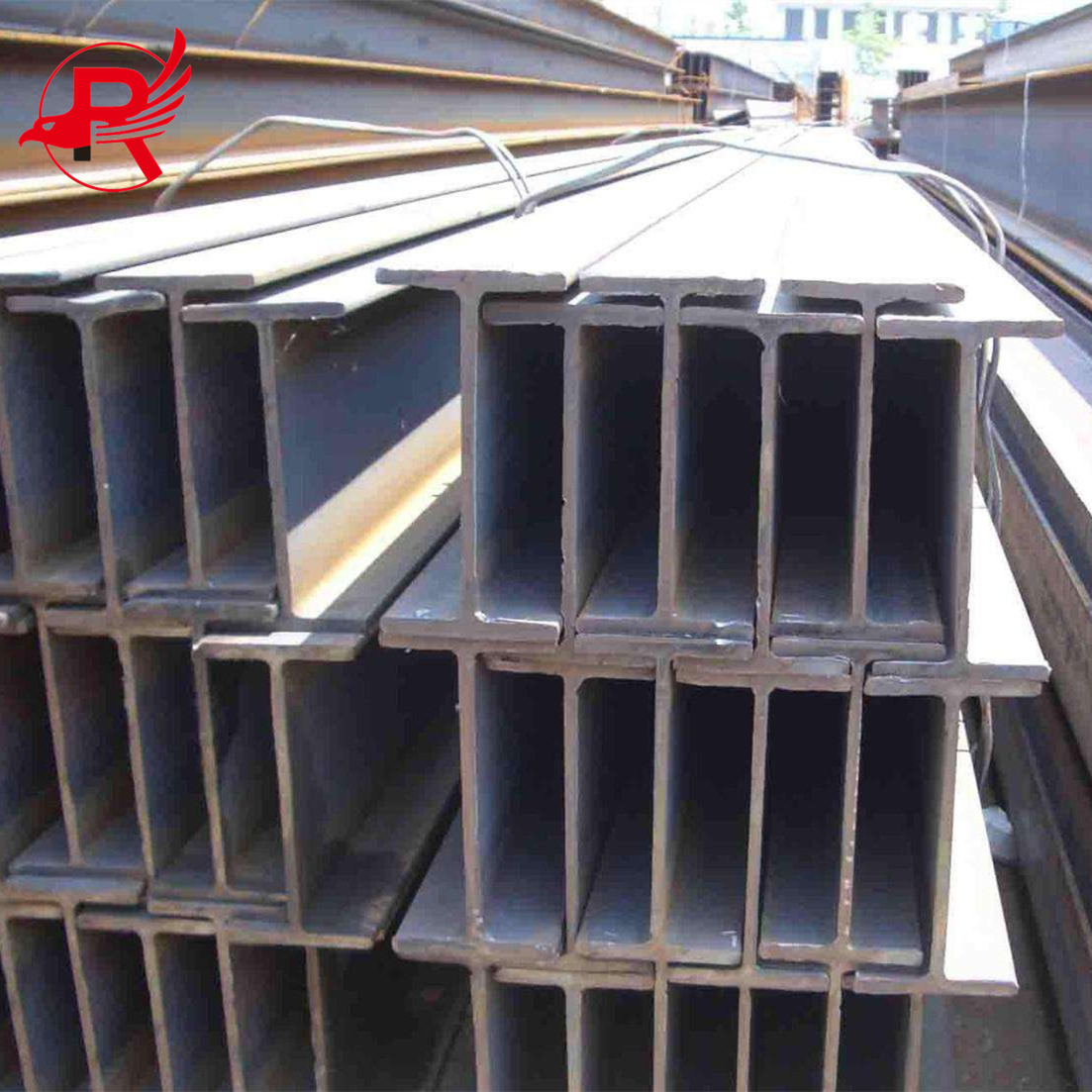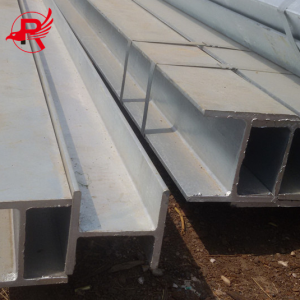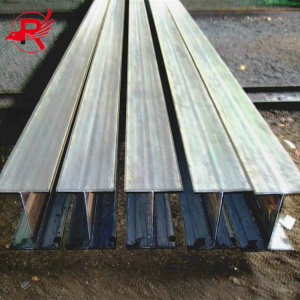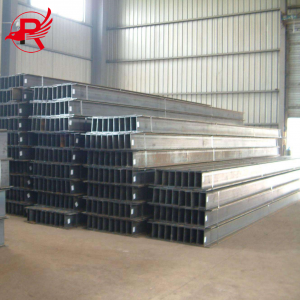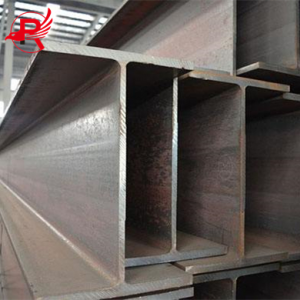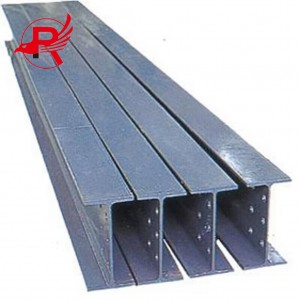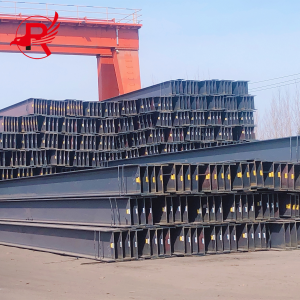HEA HEB HEM H Beam Beam ea Tšepe e Bōpehileng joaloka H – Libalaka tsa Flange tse Sephara tsa Europe
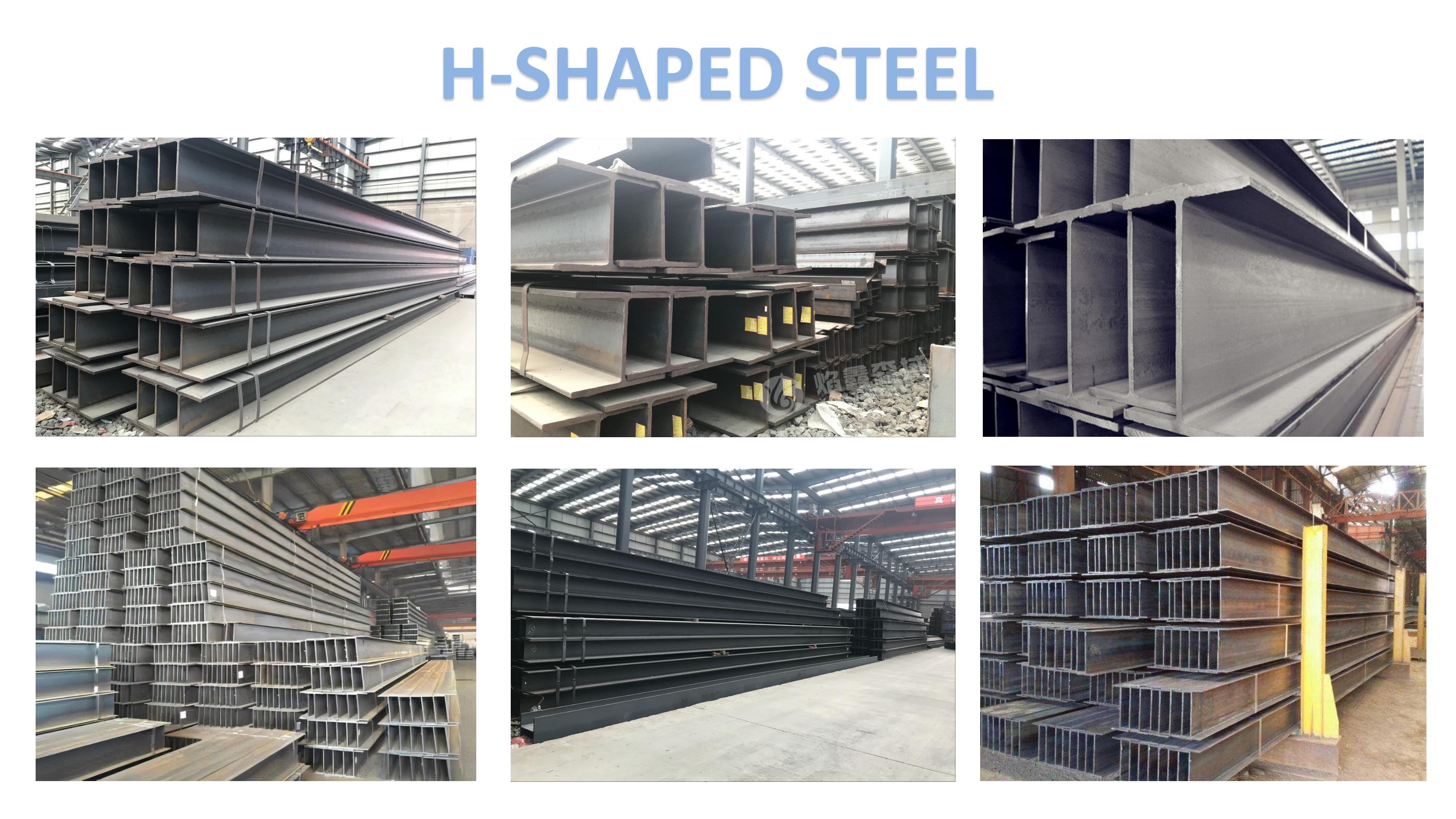
Mokhoa oa Tlhahiso ea Sehlahisoa
Litlhaloso tsena li bontša mefuta e fapaneng ea mahlakore a IPE ho latela boholo le thepa ea 'ona:
- Mahlasedi a HEA (IPN): Tsena ke mahlasedi a IPE a nang le bophara ba flange bo boholo le botenya ba flange, e leng se etsang hore a lokele ho sebediswa ditshebedisong tse boima tsa meaho.
- Libalaka tsa HEB (IPB): Tsena ke libalaka tsa IPE tse nang le bophara bo mahareng ba flange le botenya ba flange, tse sebelisoang hangata kahong bakeng sa merero e fapaneng ea meaho.
- Libalaka tsa HEM: Tsena ke libalaka tsa IPE tse nang le flange e tebileng le e tšesaane haholo, e fanang ka matla a eketsehileng le bokhoni ba ho jara mojaro.
Re ka bona seo6m S275jr H-Beamhangata e sebelisoa mehahong. Libalaka tsena li etselitsoe ho fana ka bokhoni bo itseng ba sebopeho, 'me khetho ea mofuta oo u lokelang ho o sebelisa e itšetlehile ka litlhoko tsa projeke e itseng ea kaho.
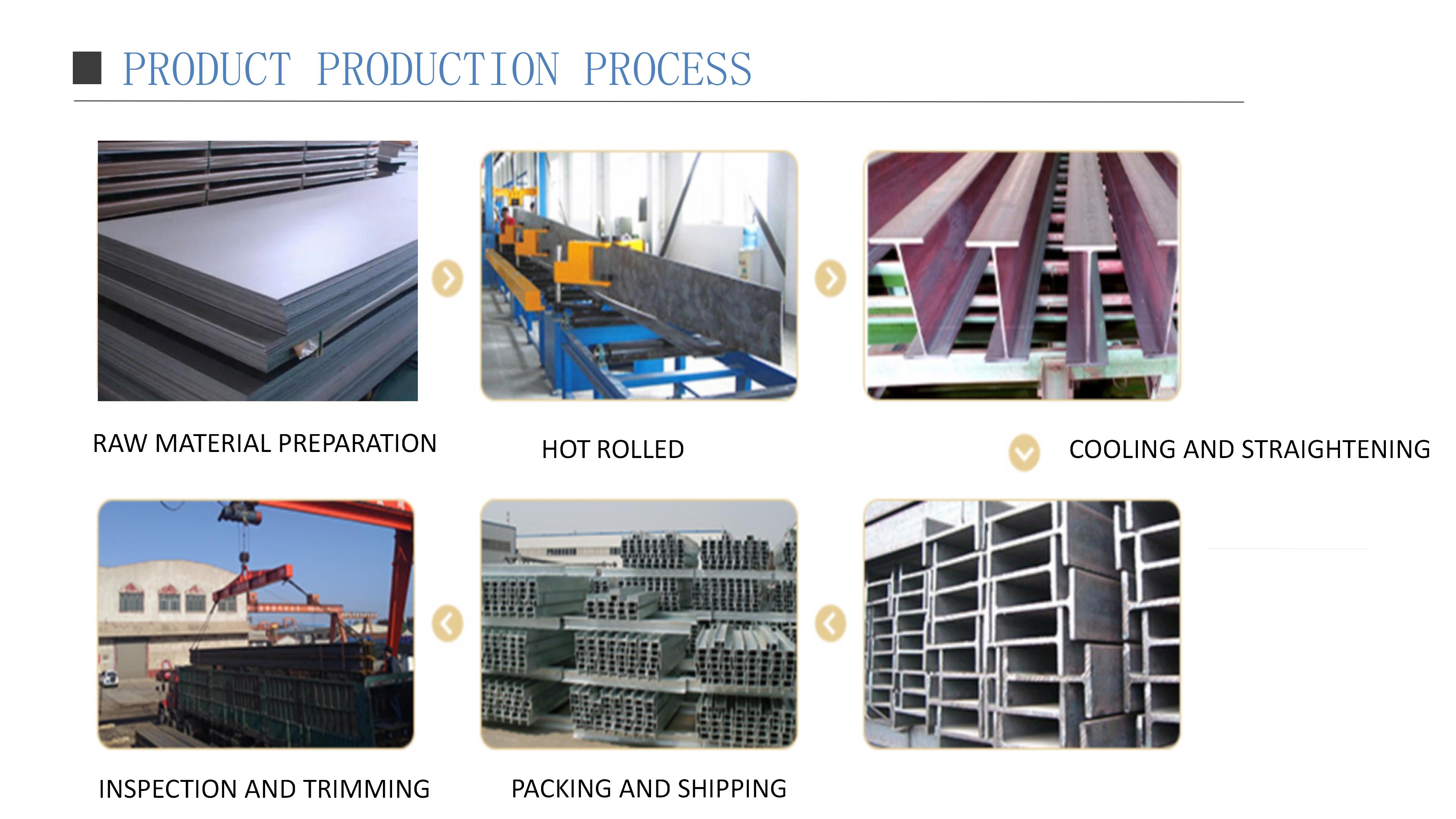
BOHOLO BA SEHLAHISOA
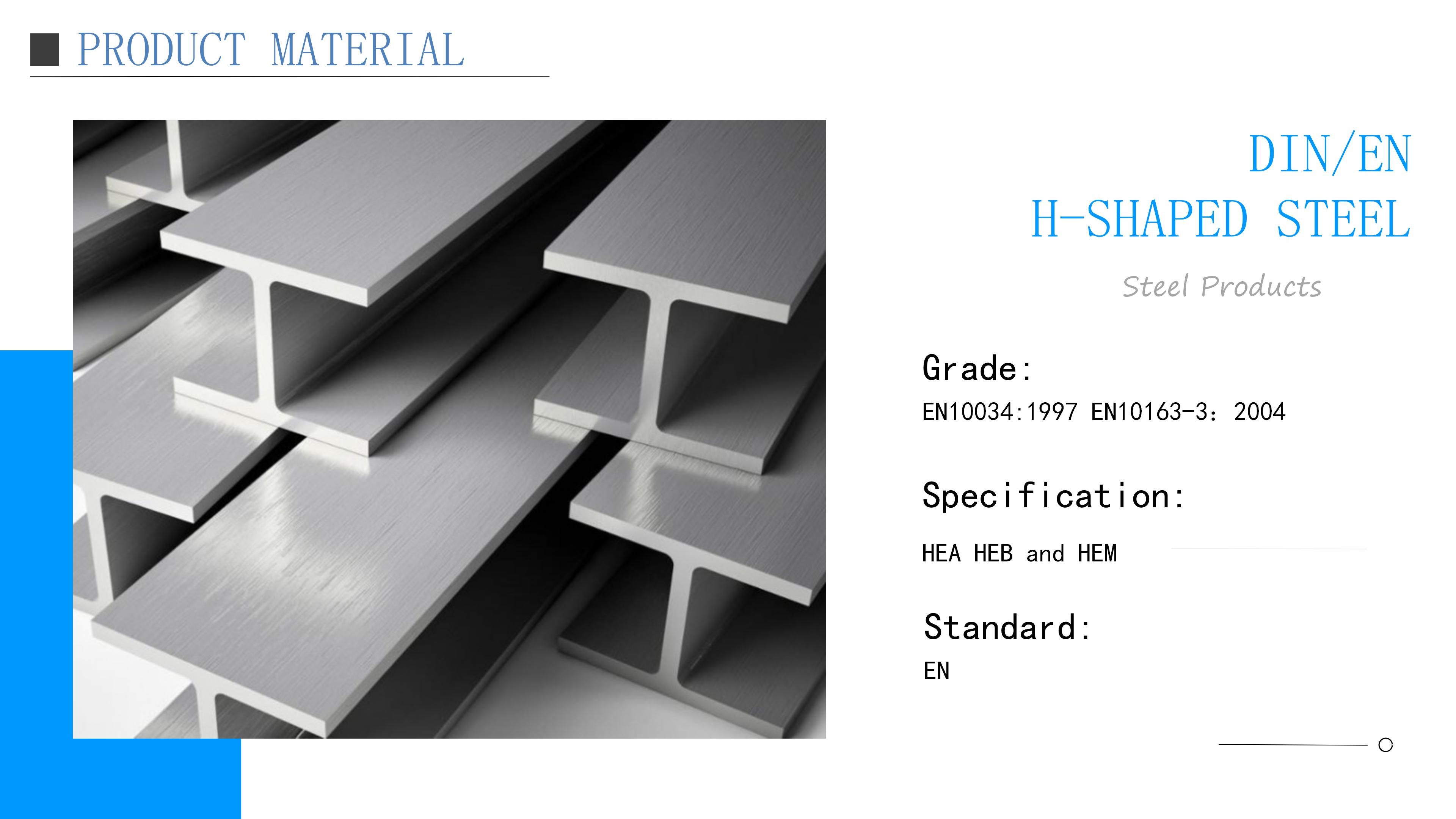
| Tlhophiso | Unt Boima ba 'mele kg/m) | Karolo e Tloaelehileng ho ikemela mm | Karolo Ama (cm² | |||||
| W | H | B | 1 | 2 | r | A | ||
| HE28 | AA | 61.3 | 264.0 | 280.0 | 7.0 | 10.0 | 24.0 | 78.02 |
| A | 76.4 | 270.0 | 280.0 | 80 | 13.0 | 24.0 | 97.26 | |
| B | 103 | 280.0 | 280.0 | 10.5 | 18.0 | 24.0 | 131.4 | |
| M | 189 | 310.0 | 288.0 | 18.5 | 33.0 | 24.0 | 240.2 | |
| HE300 | AA | 69.8 | 283.0 | 300.0 | 7.5 | 10.5 | 27.0 | 88.91 |
| A | 88.3 | 200.0 | 300.0 | 85 | 14.0 | 27.0 | 112.5 | |
| B | 117 | 300.0 | 300.0 | 11.0 | 19.0 | 27.0 | 149.1 | |
| M | 238 | 340.0 | 310.0 | 21.0 | 39.0 | 27.0 | 303.1 | |
| HE320 | AA | 74.3 | 301.0 | 300.0 | 80 | 11.0 | 27.0 | 94.58 |
| A | 97.7 | 310.0 | 300.0 | 9.0 | 15.5 | 27.0 | 124.4 | |
| B | 127 | 320.0 | 300.0 | 11.5 | 20.5 | 27.0 | 161.3 | |
| M | 245 | 359.0 | 309.0 | 21.0 | 40.0 | 27.0 | 312.0 | |
| HE340 | AA | 78.9 | 320.0 | 300.0 | 85 | 11.5 | 27.0 | 100.5 |
| A | 105 | 330.0 | 300.0 | 9.5 | 16.5 | 27.0 | 133.5 | |
| B | 134 | 340.0 | 300.0 | 12.0 | 21.5 | 27.0 | 170.9 | |
| M | 248 | 377.0 | 309.0 | 21.0 | 40.0 | 27.0 | 315.8 | |
| HE360 | AA | 83.7 | 339.0 | 300.0 | 9.0 | t2.0 | 27.0 | 106.6 |
| A | 112 | 350.0 | 300.0 | 10.0 | 17.5 | 27.0 | 142.8 | |
| B | 142 | 360.0 | 300.0 | 12.5 | 22.5 | 27.0 | 180.6 | |
| M | 250 | 395.0 | 308.0 | 21.0 | 40.0 | 27.0 | 318.8 | |
| HE400 | AA | 92.4 | 3780 | 300.0 | 9.5 | 13.0 | 27.0 | 117.7 |
| A | 125 | 390.0 | 300.0 | 11.0 | 19.0 | 27.0 | 159.0 | |
| B | 155 | 400.0 | 300.0 | 13.5 | 24.0 | 27.0 | 197.8 | |
| M | 256 | 4320 | 307.0 | 21.0 | 40.0 | 27.0 | 325.8 | |
| HE450 | AA | 99.8 | 425.0 | 300.0 | 10.0 | 13.5 | 27.0 | 127.1 |
| A | 140 | 440.0 | 300.0 | 11.5 | 21.0 | 27.0 | 178.0 | |
| B | 171 | 450.0 | 300.0 | 14.0 | 26.0 | 27.0 | 218.0 | |
| M | 263 | 4780 | 307.0 | 21.0 | 40.0 | 27.0 | 335.4 | |
| Tlhophiso | Yuniti Boima ba 'mele kg/m) | Karolo e Tloaelehileng Ho teba (mm) | Karolo Sebaka (cm²) | |||||
| W | H | B | 1 | 2 | r | A | ||
| HE50 | AA | 107 | 472.0 | 300.0 | 10.5 | 14.0 | 27.0 | 136.9 |
| A | 155 | 490.0 | 300.0 | t2.0 | 23.0 | 27.0 | 197.5 | |
| B | 187 | 500.0 | 300.0 | 14.5 | 28.0 | 27.0 | 238.6 | |
| M | 270 | 524.0 | 306.0 | 21.0 | 40.0 | 27.0 | 344.3 | |
| HE550 | AA | t20 | 522.0 | 300.0 | 11.5 | 15.0 | 27.0 | 152.8 |
| A | 166 | 540.0 | 300.0 | t2.5 | 24.0 | 27.0 | 211.8 | |
| B | 199 | 550.0 | 300.0 | 15.0 | 29.0 | 27.0 | 254.1 | |
| M | 278 | 572.0 | 306.0 | 21.0 | 40.0 | 27.0 | 354.4 | |
| HE60 | AA | t29 | 571.0 | 300.0 | t2.0 | 15.5 | 27.0 | 164.1 |
| A | 178 | 500.0 | 300.0 | 13.0 | 25.0 | 27.0 | 226.5 | |
| B | 212 | 600.0 | 300.0 | 15.5 | 30.0 | 27.0 | 270.0 | |
| M | 286 | 620.0 | 305.0 | 21.0 | 40.0 | 27.0 | 363.7 | |
| HE650 | AA | 138 | 620.0 | 300.0 | t2.5 | 16.0 | 27.0 | 175.8 |
| A | 190 | 640.0 | 300.0 | t3.5 | 26.0 | 27.0 | 241.6 | |
| B | 225 | 660.0 | 300.0 | 16.0 | 31.0 | 27.0 | 286.3 | |
| M | 293 | 668.0 | 305.0 | 21.0 | 40.0 | 27.0 | 373.7 | |
| HE700 | AA | 150 | 670.0 | 300.0 | 13.0 | 17.0 | 27.0 | 190.9 |
| A | 204 | 600.0 | 300.0 | 14.5 | 27.0 | 27.0 | 260.5 | |
| B | 241 | 700.0 | 300.0 | 17.0 | 32.0 | 27.0 | 306.4 | |
| M | 301 | 716.0 | 304.0 | 21.0 | 40.0 | 27.0 | 383.0 | |
| HE800 | AA | 172 | 770.0 | 300.0 | 14.0 | 18.0 | 30.0 | 218.5 |
| A | 224 | 790.0 | 300.0 | 15.0 | 28.0 | 30.0 | 285.8 | |
| B | 262 | 800.0 | 300.0 | 17.5 | 33.0 | 30.0 | 334.2 | |
| M | 317 | 814.0 | 303.0 | 21.0 | 40.0 | 30.0 | 404.3 | |
| HE800 | AA | 198 | 870.0 | 300.0 | 15.0 | 20.0 | 30.0 | 252.2 |
| A | 252 | 800.0 | 300.0 | 16.0 | 30.0 | 30.0 | 320.5 | |
| B | 291 | 900.0 | 300.0 | 18.5 | 35.0 | 30.0 | 371.3 | |
| M | 333 | 910.0 | 302.0 | 21.0 | 40.0 | 30.0 | 423.6 | |
| HEB1000 | AA | 222 | 970.0 | 300.0 | 16.0 | 21.0 | 30.0 | 282.2 |
| A | 272 | 0.0 | 300.0 | 16.5 | 31.0 | 30.0 | 346.8 | |
| B | 314 | 1000.0 | 300.0 | 19.0 | 36.0 | 30.0 | 400.0 | |
| M | 349 | 1008 | 302.0 | 21.0 | 40.0 | 30.0 | 444.2 | |
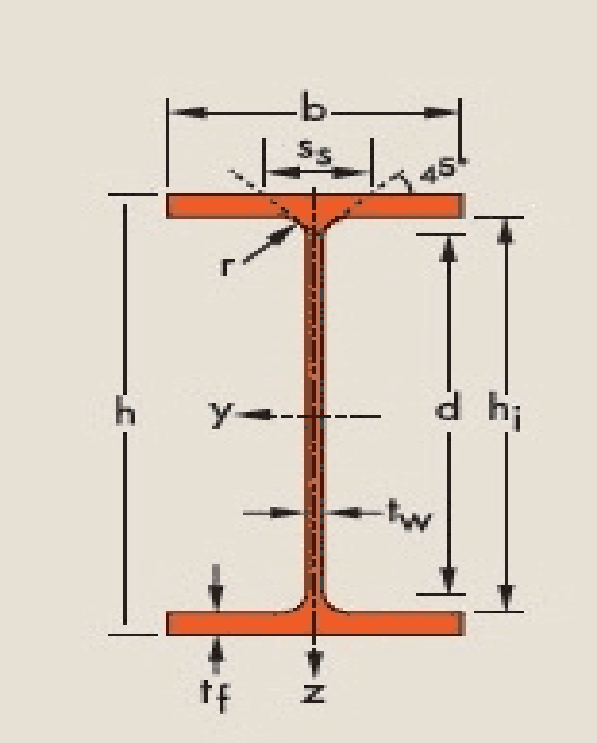
ENHTšepe e bōpehileng joaloka eona
Sehlopha: EN10034:1997 EN10163-3:2004
Tlhaloso: HEA HEB le HEM
Tekanyetso: EN
LIKAROLOANA
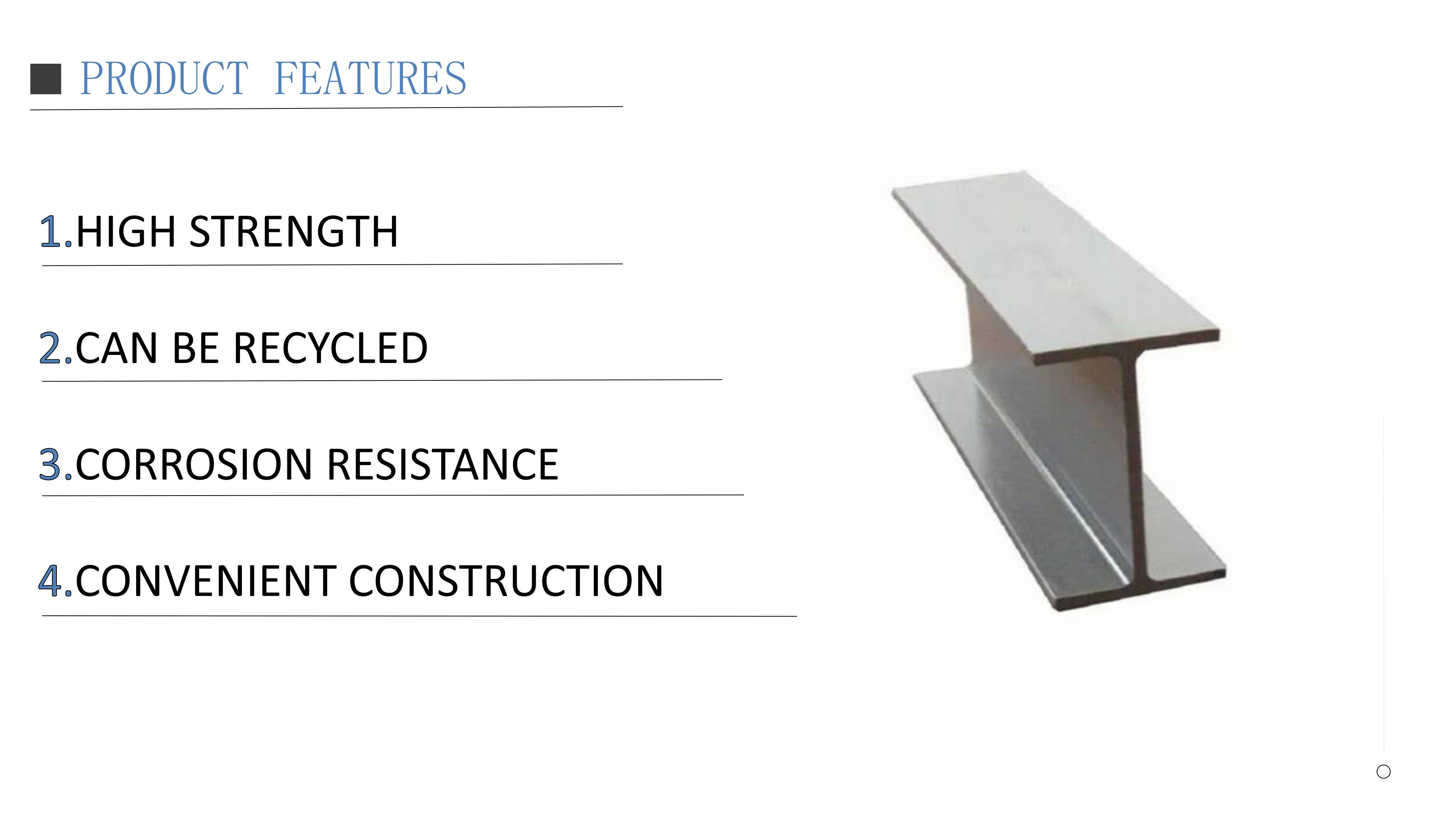
Libalaka tsa HEA, HEB, le HEM ke likarolo tsa IPE (I-beam) tse tloaelehileng tsa Europe tse sebelisoang kahong le boenjiniere ba meaho. Tsena ke tse ling tsa likarolo tsa bohlokoa tsa mofuta o mong le o mong:
Mahlasedi a HEA (IPN):
Bophara ba flange le botenya ba flange
E loketse lits'ebetso tse boima tsa sebopeho
E fana ka bokgoni bo botle ba ho jara mojaro le ho hanyetsa ho kobeha
Mahlasedi a HEB (IPB):
Bophara ba flange bo mahareng le botenya ba flange
E sebelisoa ka bongata 'me e sebelisoa hangata kahong bakeng sa merero e fapaneng ea meaho
E fana ka tekano ea matla le boima
Lithapo tsa HEM:
Sekoahelo se tebileng le se sesesaane haholo
E fana ka matla a eketsehileng le bokgoni ba ho jara mojaro
E etselitsoe lits'ebetso tse boima le tse nang le khatello e phahameng ea maikutlo
Libalaka tsena li etselitsoe ho fihlela litlhoko tse itseng tsa sebopeho 'me li khethoa ho latela tšebeliso e reriloeng le litlhoko tsa ho jara mojaro tsa moaho kapa sebopeho.
KOPO
Mahlaseli a HEA, HEB, le HEMli na le mefuta e mengata ea lits'ebetso indastering ea kaho le boenjiniere ba meaho. Tse ling tsa ts'ebeliso e tloaelehileng li kenyelletsa:
- Kaho ea Meaho:Libalaka tsa Tšepe tse Bōpehileng joaloka Hhangata li sebelisoa kahong ea meaho ea khoebo le ea indasteri ho fana ka tšehetso ea meaho bakeng sa fatše, marulelo le lintho tse ling tse jarang mojaro.
- Kaho ea Borokho: Li sebelisoa kahong ea marokho ho tšehetsa mathule a litsela le likarolo tse ling tsa sebopeho.
- Meaho ea Liindasteri: Libalaka tsa HEA, HEB, le HEM li sebelisoa hangata kahong ea libaka tsa indasteri tse kang matlo a polokelo, lifeme tsa tlhahiso le libaka tsa polokelo.
- Meralo ea Meaho: E sebelisetsoa ho theha meralo ea meaho bakeng sa mehaho e meholo le merero ea meralo ea motheo, e fana ka tšehetso bakeng sa mabota, li-cladding le likarolo tse ling tsa meaho.
- Tšehetso ea Lisebelisoa: Mabala ana a sebelisetsoa ho tšehetsa mechine le lisebelisoa tse boima libakeng tse fapaneng tsa indasteri.
- Merero ea Meralo ea Motheo: Libalaka tsa HEA, HEB, le HEM le tsona li sebelisoa kahong ea merero ea meralo ea motheo e kang lithanele, boema-fofane le lifeme tsa motlakase.
Ka kakaretso, mabala ana a bohlokoa ho faneng ka tšehetso e matla le e tšepahalang ea meaho mererong e mengata ea kaho le boenjiniere. Ho tenyetseha ha tsona, matla le bokhoni ba tsona ba ho jara mojaro li etsa hore e be likarolo tsa bohlokoa moralong oa meaho le meralo ea meralo ea sejoale-joale.
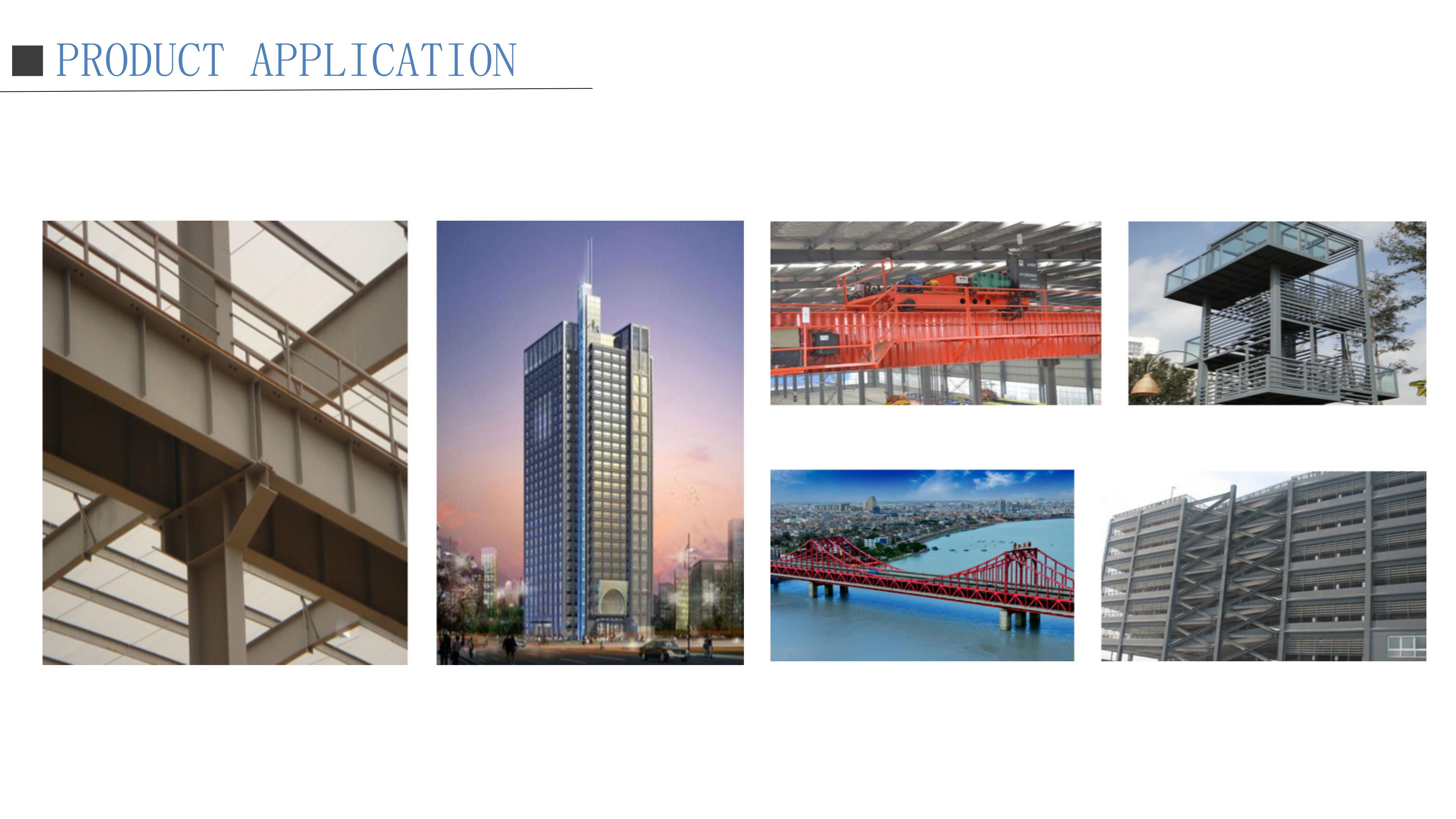
TLHAHLOBO EA SEHLAHISOA
Litlhoko tsa tlhahlobo ea tšepe e bōpehileng joaloka H li kenyelletsa lintlha tse latelang haholo-holo:
Boleng ba ponahalo: Boleng ba ponahalo ea tšepe e bōpehileng joaloka H bo lokela ho latela maemo a amehang le litlhoko tsa ho hlophisa. Bokaholimo bo lokela ho ba bo boreleli le bo bataletseng, bo se na matheba a totobetseng, mengoapo, mafome le liphoso tse ling.
Litekanyo tsa jeometri: Bolelele, bophara, bophahamo, botenya ba webe, botenya ba flange le litekanyo tse ling tsa tšepe e bōpehileng joaloka H li lokela ho latela maemo a amehang le litlhoko tsa ho odara.
Ho kobeha: Ho kobeha ha tšepe e bōpehileng joaloka H ho lokela ho latela maemo a amehang le litlhoko tsa ho hlophisa. Ho ka bonoa ka ho lekanya hore na lifofane tse lipheletsong ka bobeli tsa tšepe e bōpehileng joaloka H li bapile kapa li sebelisa mithara e kobehang.
Ho sotha: Ho sotha ha tšepe e bōpehileng joaloka H ho lokela ho latela maemo a amehang le litlhoko tsa ho odara. Ho ka bonoa ka ho lekanya hore na lehlakore la tšepe e bōpehileng joaloka H le otlolohile kapa le na le mithara ea ho sotha.
Ho kheloha ha boima: Boima ba tšepe e bōpehileng joaloka H bo lokela ho latela maemo a amehang le litlhoko tsa ho hlophisa. Ho kheloha ha boima ho ka bonoa ka ho bekha.
Sebopeho sa lik'hemik'hale: Haeba tšepe e bōpehileng joaloka H e hloka ho tjhesetsoa kapa ho sebetsoa ka tsela e 'ngoe, sebopeho sa eona sa lik'hemik'hale se lokela ho latela maemo a amehang le litlhoko tsa ho odara.
Litšobotsi tsa mechini: Litšobotsi tsa mechini tsa tšepe e bōpehileng joaloka H li lokela ho latela maemo a amehang le litlhoko tsa ho odara, ho kenyeletsoa matla a ho thapolla, ntlha ea ho ikatisa, bolelele le matšoao a mang.
Teko e sa senyeheng: Haeba tšepe e bōpehileng joaloka H e hloka teko e sa senyeheng, e lokela ho lekoa ho latela maemo a amehang le litlhoko tsa ho odara ho netefatsa hore boleng ba eona ba kahare bo botle.
Ho paka le ho tšoaea: Ho paka le ho tšoaea tšepe e bōpehileng joaloka H ho lokela ho latela maemo a amehang le litlhoko tsa ho odara ho nolofatsa ho tsamaisoa le ho bolokoa.
Ka bokhutšoanyane, litlhoko tse boletsoeng ka holimo li lokela ho nahanoa ka botlalo ha ho hlahlojoa tšepe e bōpehileng joaloka H ho netefatsa hore boleng ba eona bo fihlela maemo a loketseng le litlhoko tsa ho odara, le ho fa basebelisi lihlahisoa tse ntle ka ho fetisisa tsa tšepe e bōpehileng joaloka H.
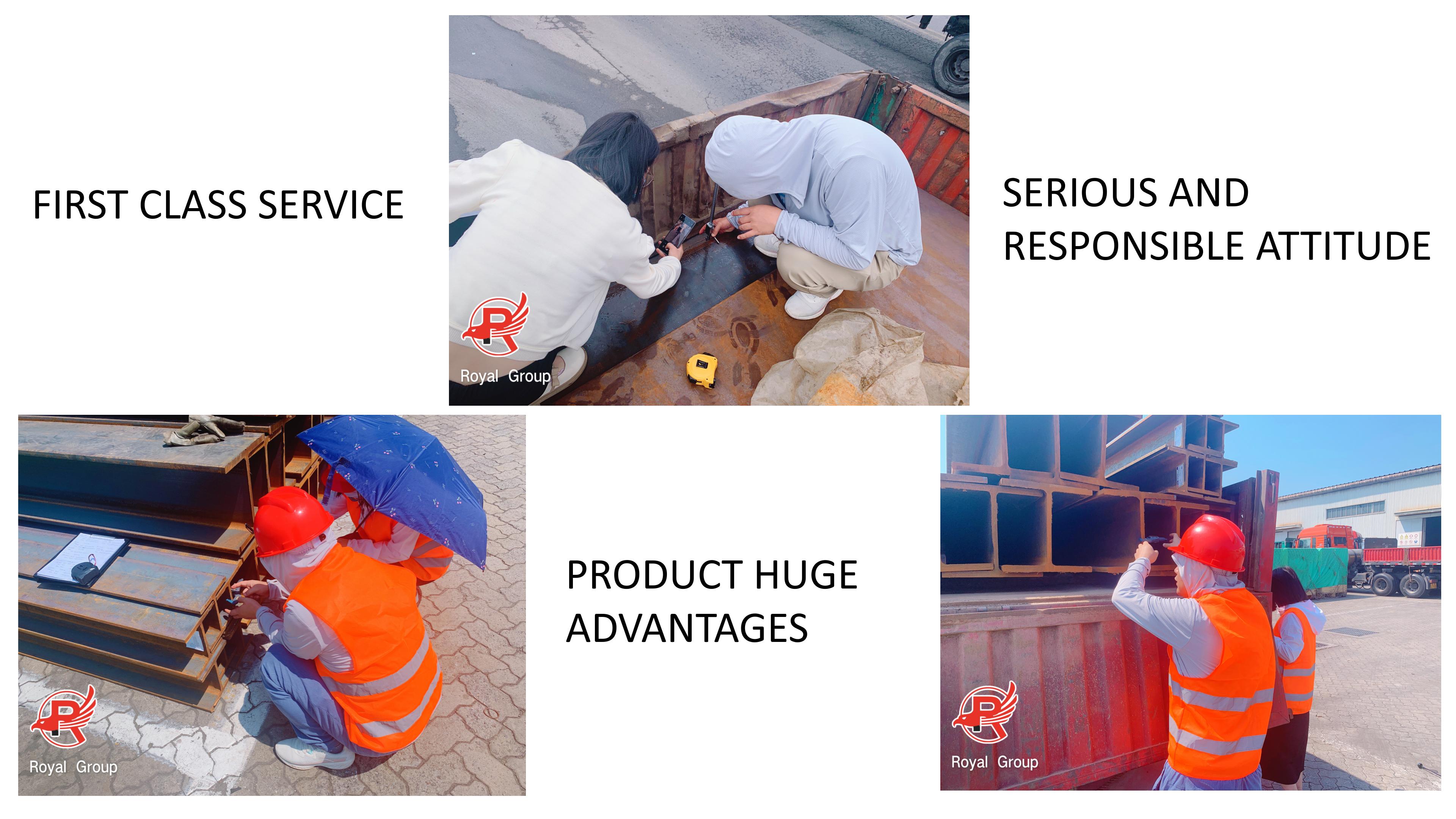
HO PHAKISA LE HO ROMELA
Sephutheloana le tšireletso:
Ho paka ho bapala karolo ea bohlokoa ho sireletseng boleng ba tšepe ea mahlasedi ea ASTM A36 H nakong ea lipalangoang le polokelo. Thepa e lokela ho tlangoa ka mokhoa o sireletsehileng, ho sebelisoa marapo kapa lithapo tse matla ho thibela motsamao le tšenyo e ka bang teng. Ho feta moo, mehato e lokela ho nkoa ho sireletsa tšepe hore e se ke ea pepesehela mongobo, lerōle le mabaka a mang a tikoloho. Ho phuthela lithapo ka thepa e sa keneleng boemo ba leholimo, joalo ka polasetiki kapa lesela le sa keneleng metsi, ho thusa ho sireletsa khahlanong le mafome le mafome.
Ho kenya le ho tiisa bakeng sa lipalangoang:
Ho kenya le ho tiisa tšepe e phuthetsoeng koloing ea lipalangoang ho lokela ho etsoa ka hloko. Ho sebelisa lisebelisoa tse loketseng tsa ho phahamisa, tse kang liforoko kapa likerene, ho netefatsa ts'ebetso e sireletsehileng le e sebetsang hantle. Libalaka li lokela ho ajoa ka ho lekana le ho hokahanngoa hantle ho thibela tšenyo efe kapa efe ea sebopeho nakong ea lipalangoang. Hang ha e kentsoe, ho tiisa thepa ka lithibelo tse lekaneng, tse kang liropo kapa liketane, ho tiisa botsitso le ho thibela ho sisinyeha.
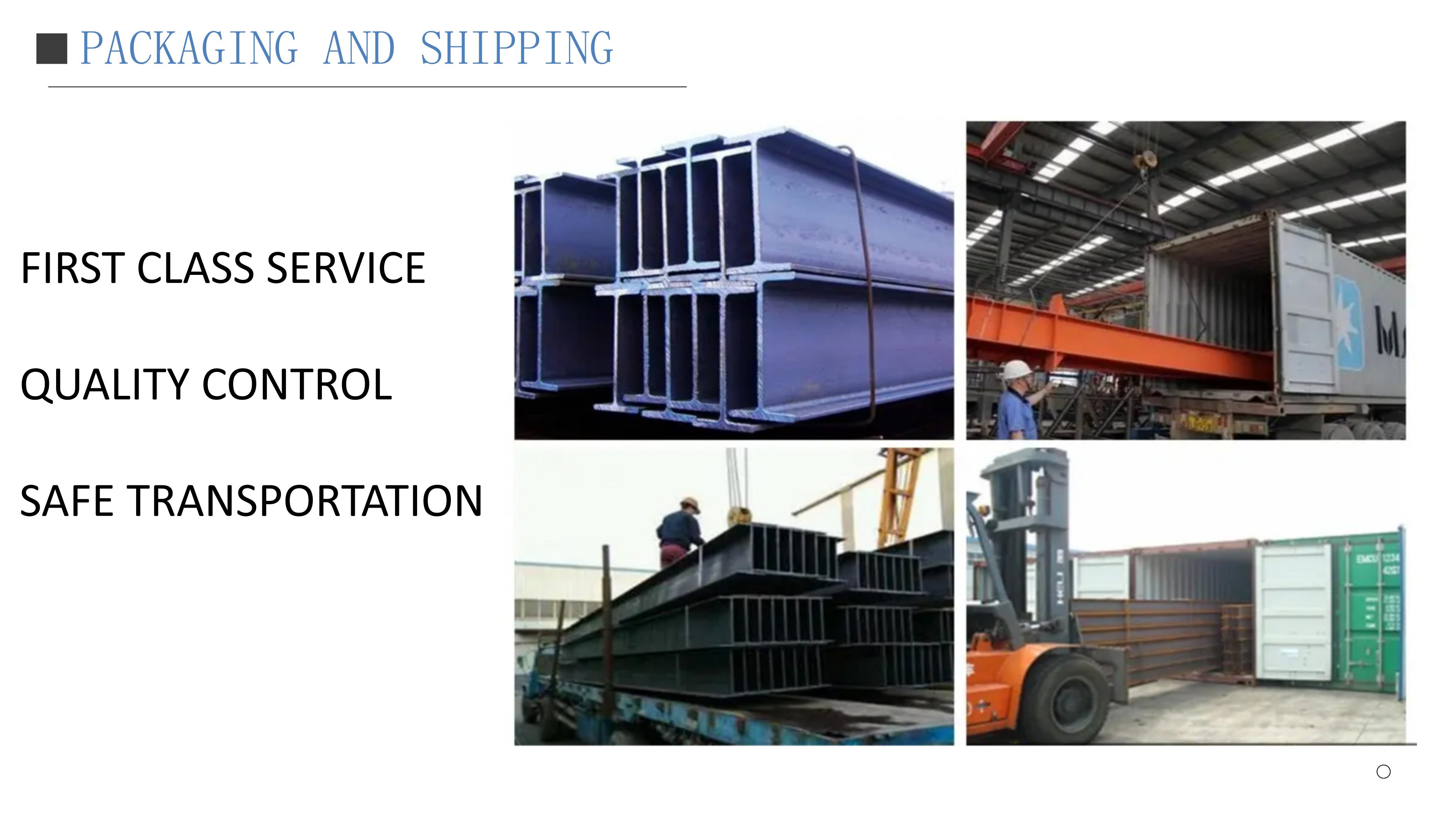
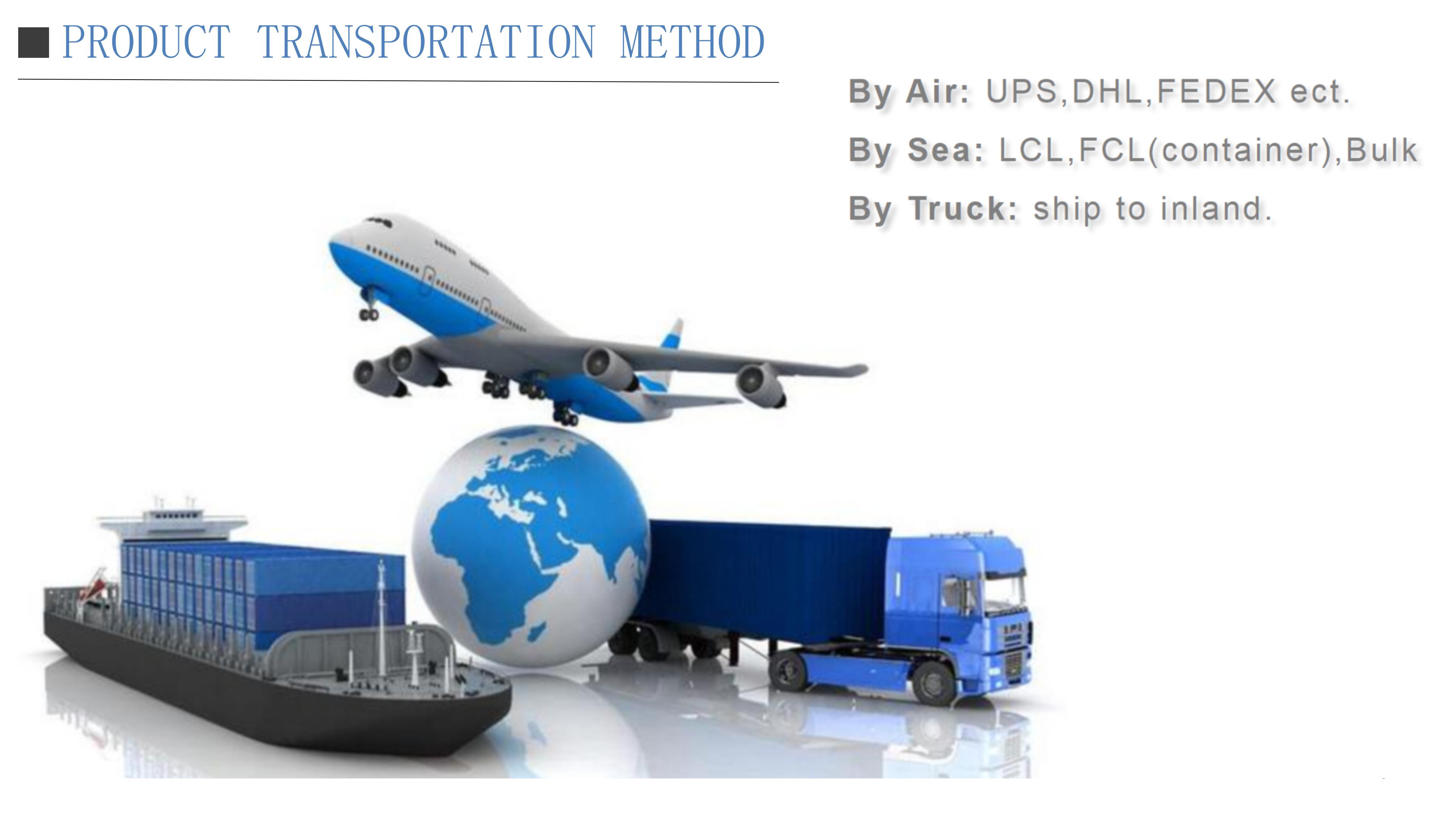
KETO EA BAREKI

LBH
1. Nka fumana khotheishene joang ho tsoa ho uena?
O ka re siela molaetsa, 'me re tla araba molaetsa o mong le o mong ka nako.
2. Na o tla isa thepa ka nako?
E, re tšepisa ho fana ka lihlahisoa tsa boleng bo holimo le ho li tlisa ka nako. Botšepehi ke molao-motheo oa k'hamphani ea rona.
3.Na nka fumana disampole pele ke odara?
E, ehlile. Hangata disampole tsa rona ha di lefellwe, re ka di hlahisa ka disampole tsa hao kapa ka ditshwantsho tsa botekgeniki.
4. Lipehelo tsa hau tsa tefo ke life?
Nako ea rona ea tefo e tloaelehileng ke depositi ea 30%, 'me karolo e setseng khahlanong le B/L. EXW, FOB, CFR, CIF.
5. Na o amohela tlhahlobo ea motho oa boraro?
E, ruri rea amohela.
6. Re tšepa khamphani ea hau joang?
Re ikhethile khoebong ea tšepe ka lilemo tse ngata re le mofani oa khauta, ntlo-kholo e profinseng ea Tianjin, re amohelehile ho etsa lipatlisiso ka litsela life kapa life, ka mekhoa eohle.

